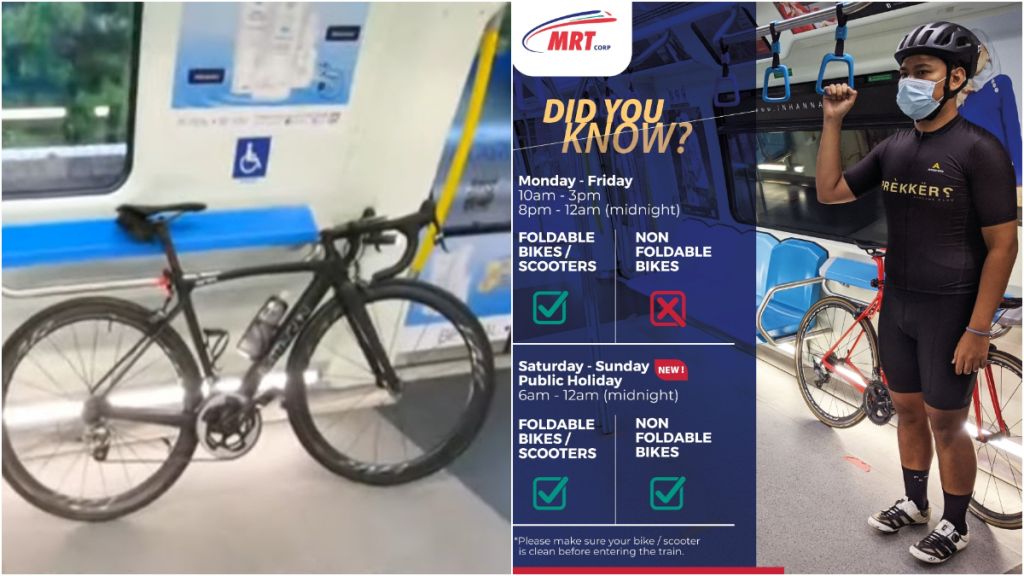
Mumbai: Mumbai's cycling community has complained that cycles are not allowed on the trains operating on Metro 3 or the Aqua Line.
The 12.69-kilometre stretch between JVLR Aarey and BKC, part of the larger 33.5-kilometre Colaba-Seepz-Aarey underground Metro was inaugurated on Monday. Cyclists who visited the BKC Metro station were told by security staff and ticket attendants that cycles were not permitted on the trains.
Cyclists said they were confused by the rules because the elevated Line 2a connecting Dahisar and Andheri (West), which opened in 2022, allows cycles in the coaches. Incidentally, BKC, one of the important stations on the Aqua line, has most of Mumbai's dedicated cycling lanes.
Shane Albuquerque, a cyclist from Andheri, said he has used the 2a line during long rides. "I have carried the cycle between Dahisar and Andheri to avoid the road traffic and the heat. The service is useful for cyclists. I fail to understand why cycles are permitted on the Aqua line," said Albuquerque who added that cycles were not permitted on Mumbai's first Metro line between Ghatkopar and Versova. "Cyclists protested and when 2a line commenced operations cyclists were relieved to know that cycles are permitted on the line."
One reason for the different rules is that three organisations run Mumbai's four Metro lines. The Mumbai Metropolitan Region Development Authority (MMRDA), the state government's urban planning agency, operates Line 2a and Line 7 (Dahisar to Andheri East). Line 1 between Ghatkopar and Versova, which started operations in 2014, is managed by Mumbai Metro One, a joint venture between MMRDA and RInfra, a private company. The Aqua line is owned by the Mumbai Metro Rail Corporation Limited (MMRCL), a joint venture between the union and state governments.
The MMRCL said that their coaches are not designed to carry cycles but added that they will try to add the facility when the entire route is commissioned next year. "The coaches are not designed to carry cycles, but once the entire line to Colaba is commissioned we will look at the possibility of accommodating cycles," said a MMRCL spokesperson.
Mass Rapid Transit (MRT) systems in urban centres worldwide have varying rules for carrying cycles. Delhi Metro allows cycles but with some restrictions. Bangalore Metro allows non-folding cycles, but only during non-peak hours. Chennai Metro allows folding cycles only. Kolkata Metro, India's first MRT does not allow cycles. Some of the largest MRT systems in the world like the London Underground, the New York City Subway, and the Tokyo Metro allow folding cycles but with restrictions.
Dr Viswanathan Iyer, neurosurgeon and bicycle mayor of Mumbai, said, "Almost every developed country which is working towards urban-friendly transport allows cycles in their MRT systems."
Iyer added that the different rules for cyclists on different MRT routes were confusing and counterproductive to the Idea of popularising cycling as an alternative way of commuting. "Imagine if you had to travel on different lines. One line allows cycles but other routes prohibit cycles," he said, adding that Mumbai's suburban railway system has no standard rules for cycles.
A cyclist called the restrictions 'anti-cycle culture. "Cycles are important for last-mile connectivity, reduce vehicular pollution, and promote health. The restrictions are confusing and contradictory," said a cyclist.